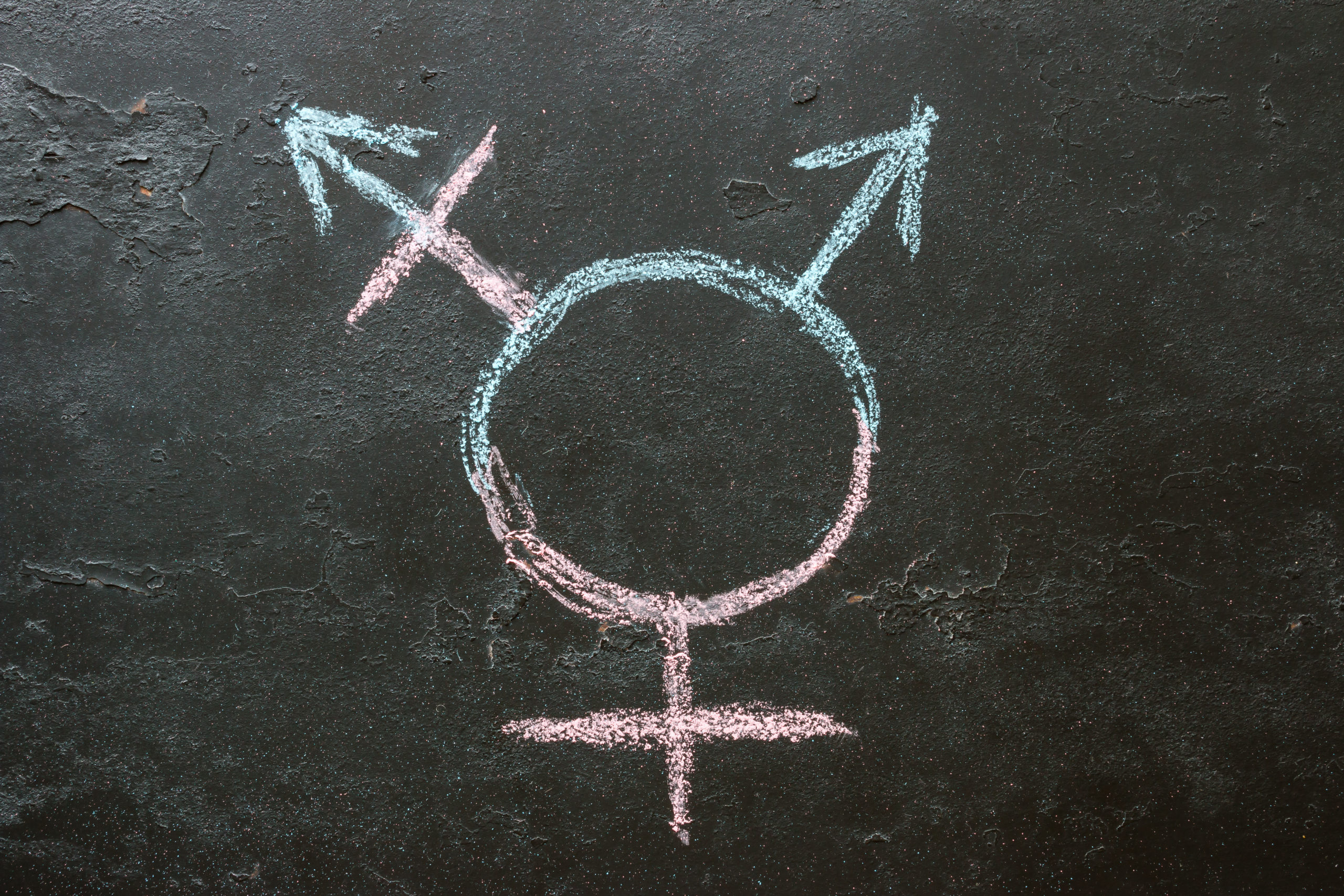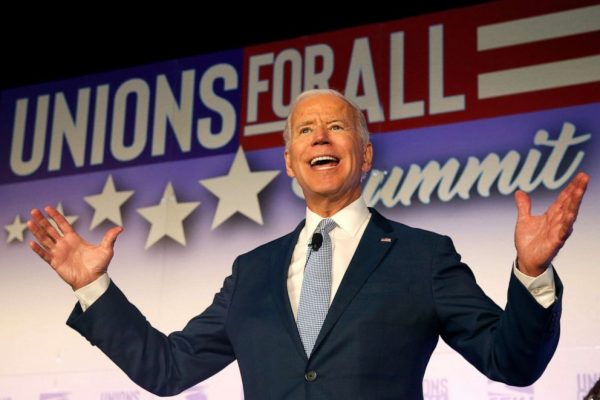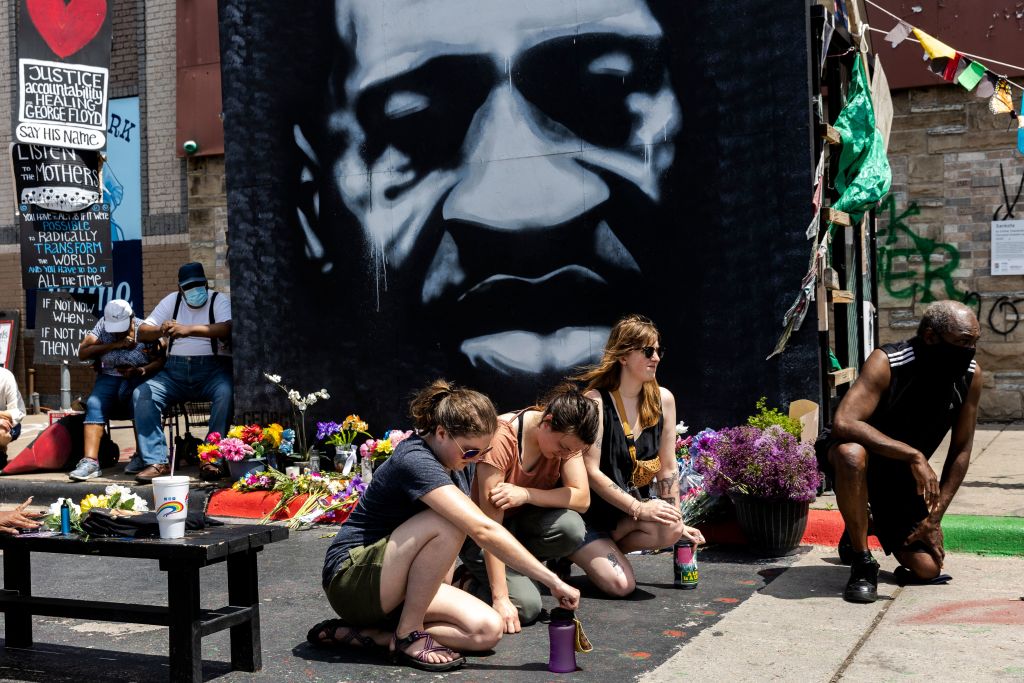Conservatives need to force radical educators into being honest about their perverse aims.
Prohibit DEI Statements for College Faculty

Universities must not set speech codes in the name of tolerance.
At least one out of five job candidates in academia are formally evaluated based on their commitment to “Diversity, Equity, and Inclusion” (DEI). Faculty departments, sometimes at the behest of university administrators, are formalizing an ideological litmus test for hiring. State and federal legislators can, and should, stop them.
The words “Diversity,” “Equity,” and “Inclusion” are all immensely slippery, as we show in a recent report. Taken individually, each carries the connotation of a cardinal social virtue. Diversity appears to mean appreciating and respecting differences; equity appears to mean giving individuals what they need to succeed; and inclusion appears to mean making people feel welcome. The inherent probity of these virtues should mean that everyone respects them, but “DEI” is enforced through mechanisms typically used to curb disgraceful vices: mandatory trainings, legal threats, and socially-sanctioned stigmatization.
Academic positions increasingly require candidates to show their commitment to DEI when they apply for jobs or when they seek promotion. At Boise State University, for instance, most academic jobs required a diversity statement last year. A Clinical Assistant Professor of Civil Engineering had to submit a “one page statement on diversity, equity and inclusion.” Candidates for an Assistant Professor of Cell, Molecular or Developmental Biology had to show “evidence of a commitment to create a diverse and inclusive working environment” as a job qualification and provide “a description of how the candidate’s research program and teaching philosophy would address BSU’s diversity and inclusion goals.”
As the drumbeat of campus controversies grows deafening, Americans increasingly realize that “DEI” largely amounts to a coercive rebranding of so-called Critical Race Theory (CRT). While many academics and pundits deny this connection, it was essentially directly admitted by the leading CRT non-governmental organization, the African American Policy Forum, led by Kimberlé Crenshaw—the woman who named CRT. In a guidebook intended to defend CRT, Crenshaw noted that while CRT “originated in law schools,” it has been applied by professional educators, activists, and “DEI advocates.”
America’s public controversy was sparked and sustained by the content of DEI trainings, which carried forward the “critical” arguments made by Crenshaw and her colleagues. “Critical,” Crenshaw made clear, does not mean rigorous logic or analysis, but a power play for indoctrination-driven activism in the vein of Communist theorist Antonio Gramsci. Crenshaw argued that her predecessors in the Critical Legal Studies movement would get nowhere by simply “trashing” legal ideology. Rather, she counseled for a Gramscian “war of maneuver” to change the character of liberalism from within. One useful tool, she noted, was the “subversion of the naming process.”
Because traditional liberals valued diversity, equity, and inclusion as cardinal social virtues, then packaging anti-liberal ideology as “DEI” can lead them to oppose liberalism in the name of liberalism. While “racialized neo-Marxist ideology that questions the foundations of the liberal order, such as equality theory, Enlightenment rationalization, and objectivity,” doesn’t sell very well, “DEI” shortcuts around marketing and PR altogether by creating a doctrinal standard treacherous even to question in public—even though it amounts to applied anti-liberalism.
The fact that DEI imports and enforces CRT is not the only reason to curb the spread of DEI statements. Even in its softer form, “equity” contains an implicit appeal for equality of outcomes. And in practice, we have seen myriad examples of educational institutions attempting to achieve more equal outcomes by lowering standards across the board. “Equity,” in practice, logically militates against academic excellence—a key purpose of the American university and the foundation of our meritocracy.
As for “inclusion,” tied to the demand for equity, that notion becomes a call for outcome-driven cultural transformation. Relative group success, in this paradigm, is determined by representation and inclusion, and lack of representation drives poor group performance. In practice, prioritizing inclusion as a cardinal virtue de-emphasizes direct moral examination of cultural questions, calling instead for a rolling cultural revolution to replace one set of beliefs associated with disparities with another that baselessly purports to advance equity. Taxpayers subsidize college for the purpose of cultural transmission—not cultural transformation.
American education is at an inflection point—one that puts our shared political life at stake. Banning DEI statements provides an excellent opportunity for conservative legislators—or anyone committed to traditionally liberal values—to combat the woke monoculture weaponizing higher education. Last year, some state legislators clumsily introduced bills to “ban CRT” that would have actively infringed on the academic freedom of professors. But by specifically targeting DEI statements, legislators take the side of academic freedom. Professors, college administrators, and advocates would be forced to make highly tendentious arguments against the prohibition of DEI statements in hiring. Would they, perhaps, insist that colleges should have the academic freedom to impose an ideological litmus test upon their professors?
Earlier this year, the James G. Martin Center for Academic Renewal and the Goldwater Institute have introduced first-of-its-kind model legislation on this issue, calling it the End Political Litmus Tests in Education Act. Their language provides an excellent starting point for legislative deliberation. Federal policymakers can and should consider prohibiting the use of DEI statements for all institutions that receive federal Title IV funding. Faculty departments will, of course, subtle ways to hire based on ideology. But policymakers should force the enemies of free thought in the university system to admit their position.
The American Mind presents a range of perspectives. Views are writers’ own and do not necessarily represent those of The Claremont Institute.
The American Mind is a publication of the Claremont Institute, a non-profit 501(c)(3) organization, dedicated to restoring the principles of the American Founding to their rightful, preeminent authority in our national life. Interested in supporting our work? Gifts to the Claremont Institute are tax-deductible.
Over the next four years, conservatives risk well and truly losing the culture wars.
Wokeness looks, smells, and feels like a religion, so let’s force the courts to treat it as one.



